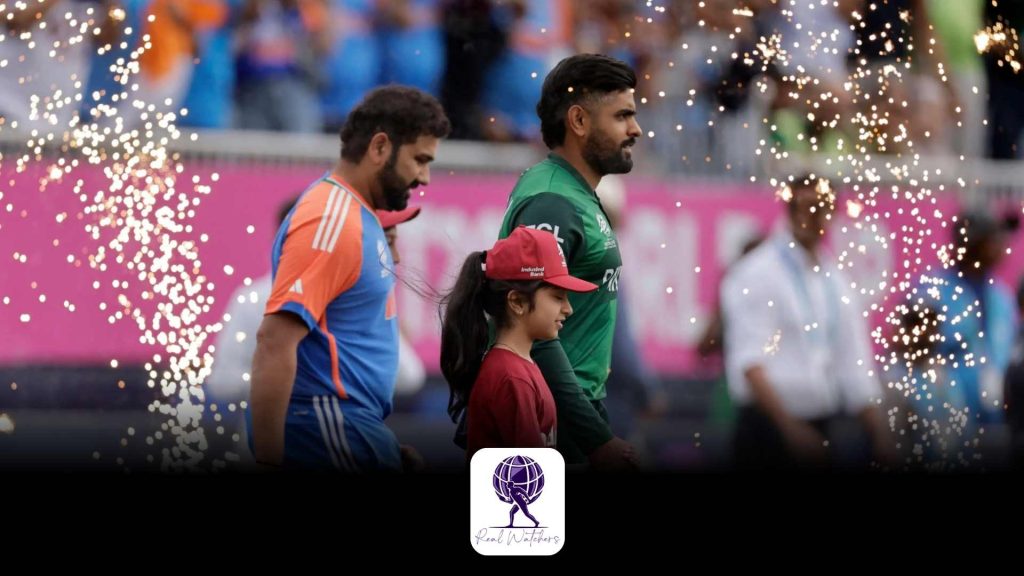According to hosts Pakistan, India has notified the International Cricket Council of its decision not to participate in the Champions Trophy.
Political tensions continue to hinder sporting relations between the two nations, with no matches occurring outside of men’s major tournaments since 2013. Additionally, it has been 16 years since India last played in Pakistan.
In February and March of next year, Pakistan is set to host a significant global event for the first time since 1996: the eight-team, 50-over Champions Trophy.
The Pakistan Cricket Board (PCB) has reported that the Board of Control for Cricket in India has informed the ICC that the Indian team will not cross the border.
“According to a spokesperson for the PCB, an email from the ICC has confirmed that the BCCI has notified them of their decision not to send their team to Pakistan for the ICC Champions Trophy 2025.” The PCB has sent an email to the government of Pakistan seeking their advice and guidance.
The tournament is set to commence in one hundred days, specifically on 19 February. The ICC has yet to finalize a schedule.
The ICC has yet to respond directly to the PCB’s statement; however, it is discussing the tournament schedule with Pakistan and the other seven competing nations. The Board of Control for Cricket in India has been requested to respond.
A potential resolution could involve a ‘hybrid’ format for the tournament, allowing India to host its matches in locations outside of Pakistan, such as the United Arab Emirates. Last year’s Asia Cup in Pakistan utilized a comparable model.
Nevertheless, this raises questions about the potential locations for knockout matches should India advance to the semi-finals.
On Friday, chairman Mohsin Naqvi announced that the PCB is unwilling to accept a hybrid solution.
Pakistan journeyed to India to compete in the 2016 T20 World Cup and the 2023 50-over World Cup.
In a statement made last month, Richard Gould, the chief executive of the England and Wales Cricket Board, firmly rejected any notion that the tournament could proceed without the participation of India.
“The absence of India or Pakistan from the Champions Trophy would significantly impact broadcast rights, which are crucial to safeguard,” he stated.
Various options are available should those circumstances arise. This marks a significant moment for Pakistan, with hopes for the most comprehensive competition possible within the country. Should that not be feasible, it is understood that alternative options exist.
Between 2009 and 2015, Pakistan refrained from hosting any international cricket matches following a violent attack on the Sri Lanka cricket team 15 years prior.
Paul Farbrace, the former assistant coach for England, who was also part of the Sri Lanka coaching staff, expressed to BBC Sport that Pakistan “deserves to host international cricket.”
“While acknowledging the complexities of historical events that have complicated relations between the two nations, he emphasized that the BCCI must recognize the broader implications beyond their decision to visit Pakistan.”
“This presents a significant opportunity for India to demonstrate its commitment to the growth of cricket rather than simply rejecting the idea of engaging with Pakistan.” All significant nations must engage with one another to foster the sport’s growth, and in this context, India’s influence is substantial.








